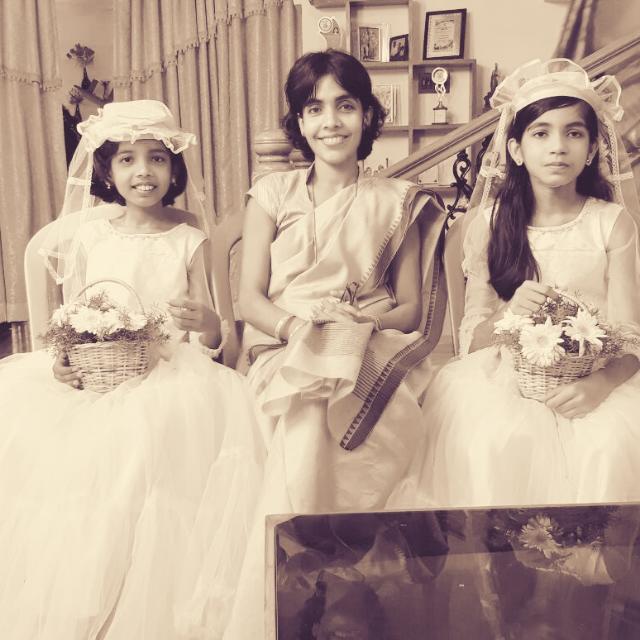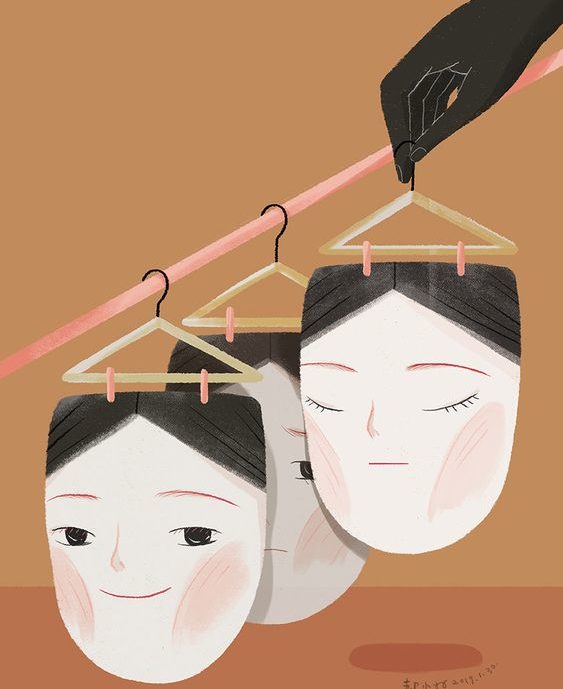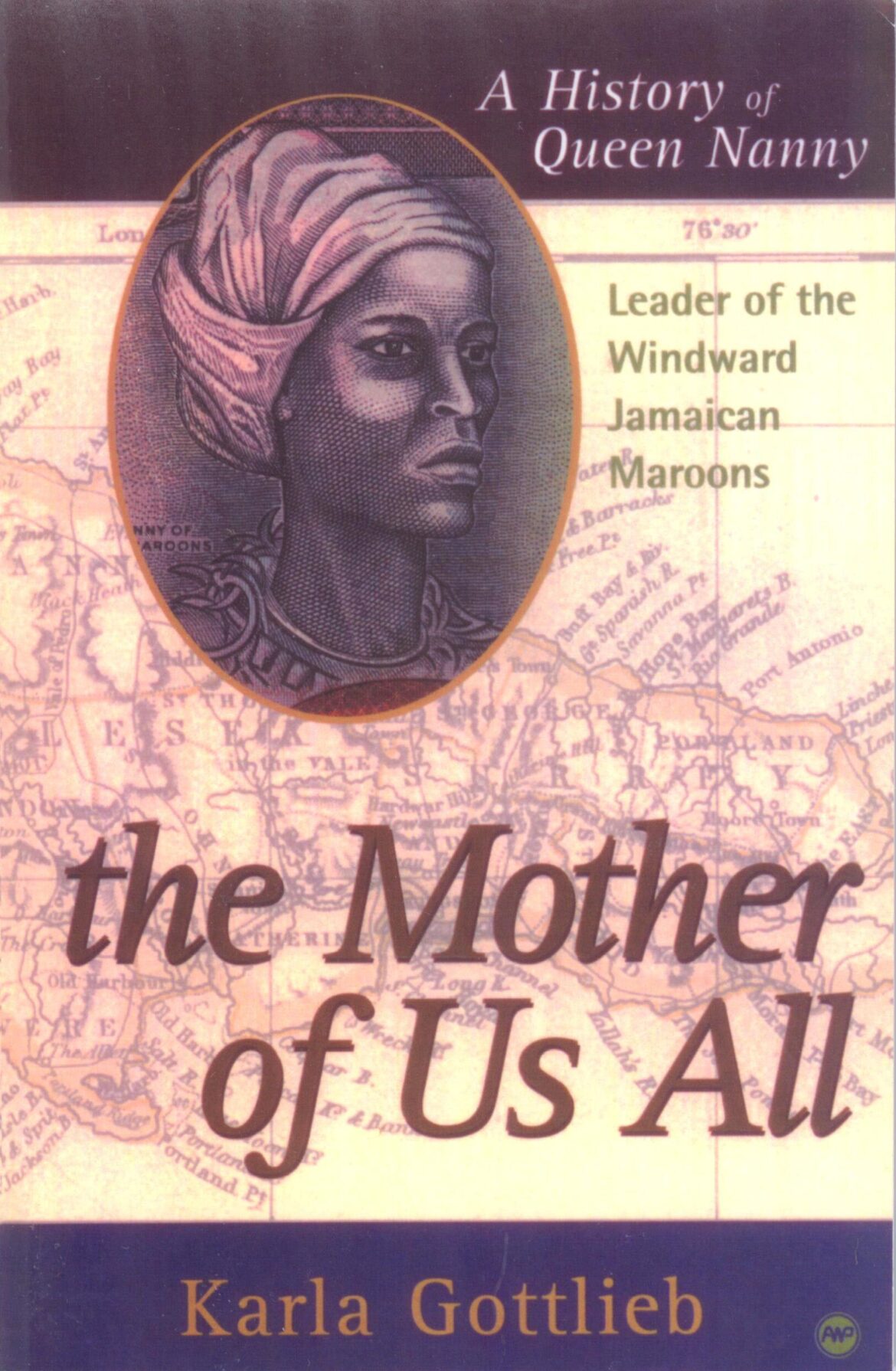By Ashi Gupta (Guest Author)
A few years ago, at a family gathering my aunt casually dropped a comment that left everyone momentarily stunned. She proclaimed, “I’ll ask my daughter to live with the guy she wants to marry before they tie the knot. Just to be sure.” It was a bold statement, especially in a family where traditions have often guided major life choices, even though daily life is governed by a fairly progressive mindset. To my shock, my grandmother nodded in agreement and said, “Yes, that makes sense. Times are different now.”
While the conversation was a pleasant surprise, I knew better than to assume that such theoretical approvals would necessarily translate into full-fledged support if the situation actually arose. Still, that moment stuck with me.
Years later, when I decided to live with my partner, reality unfolded much as I had anticipated. My family’s reaction was a mix of acceptance and hesitation. It wasn’t the outright disapproval that most couples face, but it wasn’t as smooth as that earlier conversation.
Unlike couples in bigger cities or abroad, who live together quietly without their families’ knowledge or in ignorance of their disapproval, I didn’t have that option. My partner and I chose to live on my farm, just 30 minutes outside our hometown where both our families resided. It wasn’t just the proximity that made discretion impossible—it was also my upbringing. I grew up in a family that valued openness, honesty, and the freedom to make one’s own choices, so I couldn’t imagine keeping such a significant decision a secret.
The decision to live together stemmed as much from uncertainty about marriage as it did from questioning the institution itself. I was ready for the commitment of starting a life together, but not for the expectations and obligations, particularly for women, that come with marriage. This deeply personal choice unintentionally became a social experiment, testing how my family and the society around us would react to the open, defiant reality of my live-in relationship.
I had always been vocal about my skepticism of marriage as an institution, and my family knew I tried to live by the values and principles I believed in. However, they had been quietly hoping I’d eventually “grow out” of what they saw as a rebellious phase. When I told my parents about my decision, they were surprised but not really shocked. After many deep conversations, they entered what I like to call the “confused-but-trying” zone.
My mom’s primary concern was, “What will people think?” This honestly surprised me because she had always lived her own life by her beliefs, often ignoring societal judgment within certain boundaries. My dad, on the other hand, didn’t care about others’ opinions. His disagreement with my choice stemmed from the lack of legal protection and rights that a live-in couple has compared to a married one. They also worried that my younger siblings might follow my example—perhaps they felt one unconventional child was already enough.
In the village, things were different. People were curious, both about our marital status and why an educated couple had chosen to shift to a farm. “When did you get married? Wedding must have been in the city no” they’d ask cautiously, after some polite warming up—because they had not heard of any function taking place. I would simply smile and let them draw their conclusions. Most decided we must’ve had a secret COVID wedding, which worked out fine for me. Why correct them? It wasn’t as though I could hang the Supreme Court judgment on live-in relationships on my front door, though I was tempted to on several occasions.
The ambiguity worked in our favor. Living on a farm, away from the prying eyes of an apartment complex or colony, limited the gossip. Over time, we became known as “the couple who lives here,” with marriage assumed as a prerequisite. I recognized the importance of safety and discretion, especially in a village where societal judgment could quickly escalate. Thankfully, khap panchayats don’t operate in our region, but given the political climate, I wasn’t about to test the boundaries of tolerance.
In urban settings, however, the ambiguity created confusion. When I introduced my partner as “my partner,” most people thought I was referring to a business arrangement. “Boyfriend” felt juvenile, while “husband” was a term I wasn’t ready to use. My family, on the other hand, stuck to calling him my “friend,” a euphemism that reflected their discomfort with the situation.
In one of our many conversations on the topic, my mother asked, “Why do your LGBTQ friends fight so hard for the right to marry, while you’re choosing to live in and legitimize it instead?” It was an interesting question that forced me to reflect. It also demonstrated my mother’s willingness to discard her discomforts about homosexuality if it would help to change my mind about marriage. For me, living together was about exercising agency and freedom to live a life true to my belief system and having the freedom to test compatibility without the societal and legal bindings of marriage. For my LGBTQ friends, the fight for marriage was about equality and the basic right to love openly.
Live-in relationships are increasingly common in India now. They have been given legal recognition and some rights as well, despite the misconceptions. However, they still exist in a gray area of societal acceptance. Recent cases, like that of Shraddha Walker, where violence in live-in relationships was sensationalized as being caused by the arrangement itself, have only added fuel to the fire. My mother tried to use such cases to argue against my decision until I sent her statistics on domestic violence within marriages.
With time, my family’s discomfort has reduced. Acceptance has also come with the discovery of many of my cousins living with their partners in various cities. My parents still introduced my partner as a “friend,” but now because they think ‘partner’ does not do justice to the relationship. They would like me to choose a better term.
Choosing to live together before marriage in small-town India has been more than just a personal choice; it has been a quiet rebellion against societal expectations. It has been an attempt at carving out a space, albeit a messy one, where love and companionship can thrive on their own terms, even if those terms unsettled others.
My grandmother, the woman who once said, “Times are different now,” hasn’t said a word directly to me about this. I suspect she’s playing the long game, waiting for me to “come to my senses” soon. I have not reminded her about her words either.
But the times are indeed different now, even if the transition has been difficult. Sometimes, progress looks like a passive acceptance of new norms simply because more people are participating in it. Other times, it can look like quietly living one’s truth, trusting that the small-town society will eventually catch up. As for me, I’m just trying to figure out how to balance authenticity with social survival. Maybe one day, I’ll frame that Supreme Court judgment and hang it on a wall. Maybe one day it won’t be needed at all. Until then, I’ll keep smiling and letting everyone fill in the blanks about the status of my relationship on their own.









